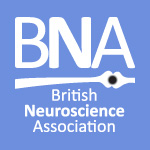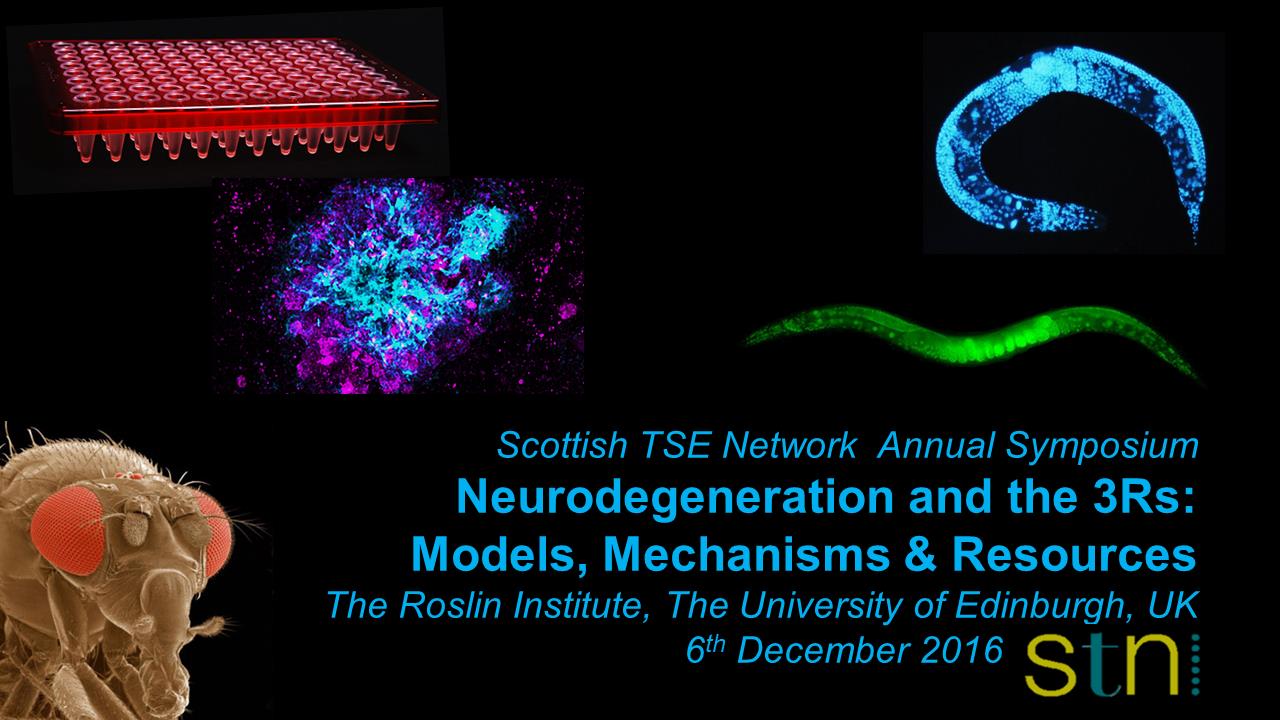Neuroscience organisations
Neuroscience organisations
British Neuroscience Association 
The British Neuroscience Association (BNA) is the largest UK organisation representing all aspects of neuroscience.
The Aims of the BNA are to:
- promote neuroscience research
- organise lectures, symposia, meetings, events and reports
- advise on issues in neuroscience
- engage with the public and the media
- train neuroscientists and other neuroscience-related professionals
- represent UK neuroscience to Government, funding agencies, and science administration, regulation and standards organisations.
The BNA is a growing learned society with around 1700 members. There are many benefits of membership, including free or discounted registration for events, discounted journals and books, the BNA Journal and many other offers.
Federation of European Neuroscience Societies
Founded in 1998 at the first Forum of European Neuroscience, the Federation of European Neuroscience Societies (FENS) is the main organisation for neuroscience in Europe. FENS currently represents 43 European national and single discipline neuroscience societies with close to 23,000 member scientists from 33 European countries.
FENS promotes neuroscience research to policy-makers, funding bodies and the general public, both regionally and internationally.
Society for Neuroscience
The Society for Neuroscience is the world’s largest organization of scientists and physicians devoted to understanding the brain and nervous system. The nonprofit organization, founded in 1969, now has nearly 38,000 members in more than 90 countries and over 130 chapters worldwide.

